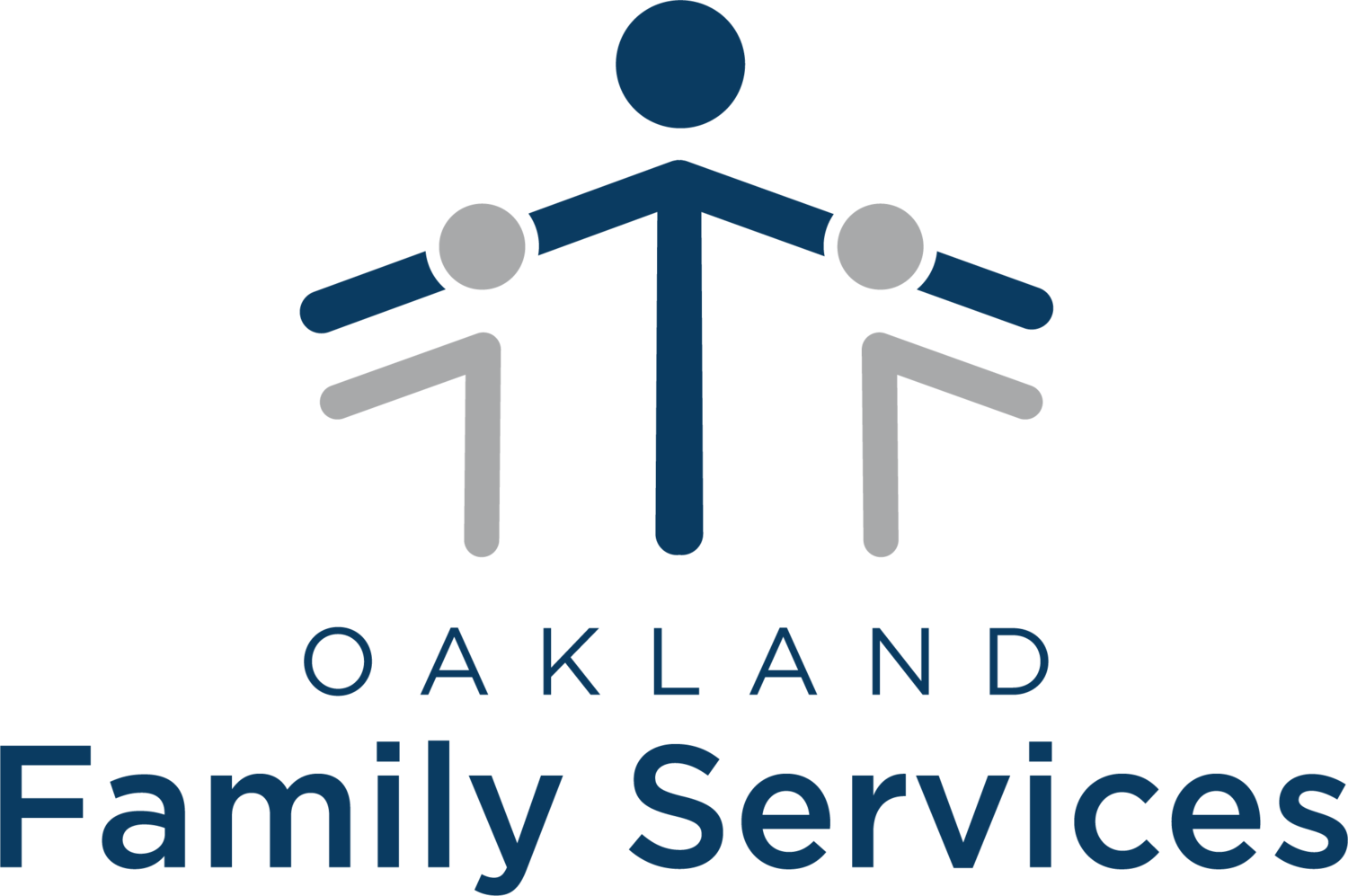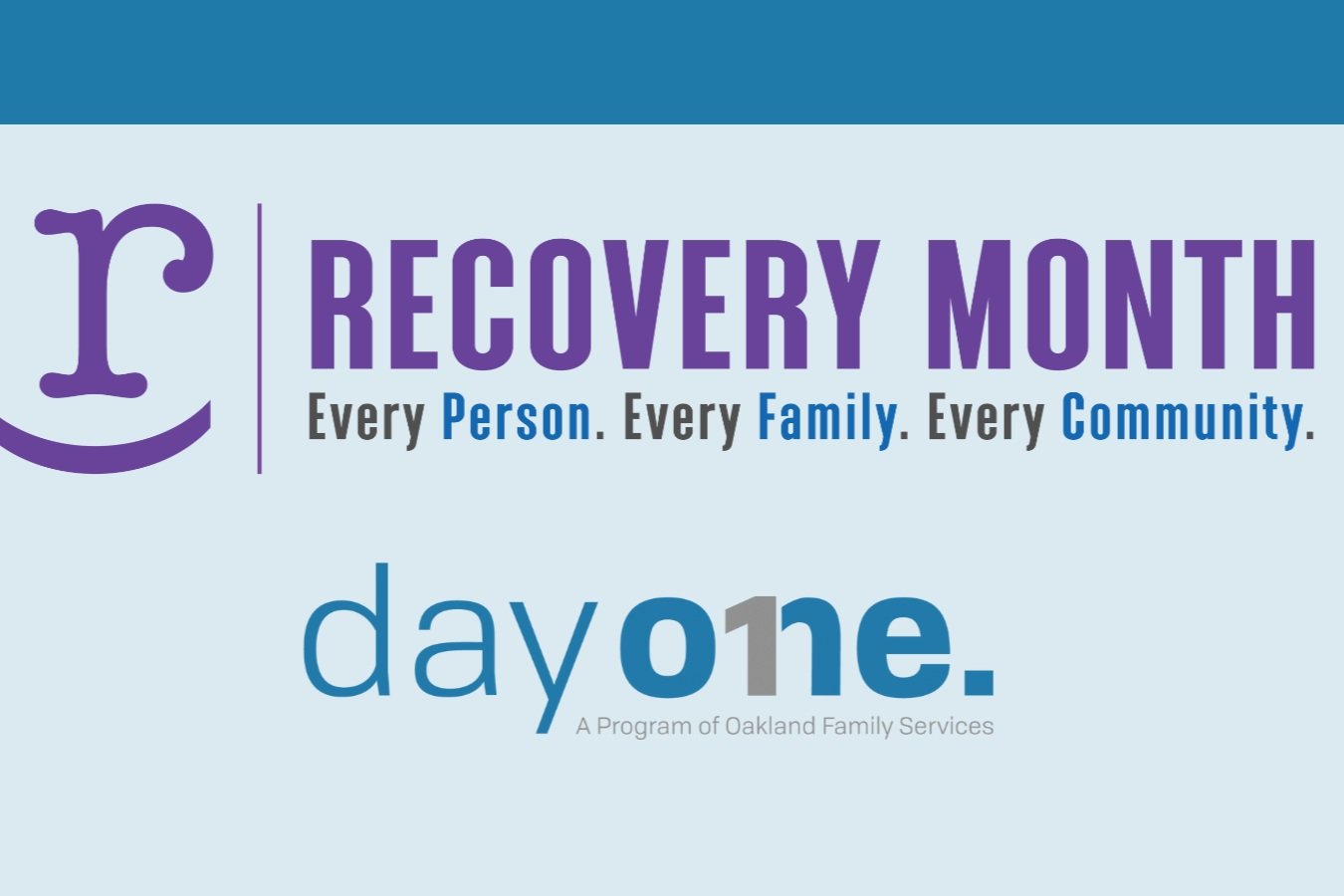Oakland Family Services experts discuss new data on drug overdose deaths and links between marijuana and suicidality
Listen to Oakland Family Services President and CEO Jaimie Clayton discuss rising opioid overdose deaths on WJR Radio’s The Guy Gordon Show.
Substance misuse and drug overdoses have been on the rise during the coronavirus pandemic, with U.S. overdose deaths rising to a record 93,000 last year.
This number is a 29% increase over the 72,000 overdose deaths in the previous year.
“People who use substances being isolated is a perfect storm,” said Jaimie Clayton, Oakland Family Services president and CEO, in an interview with WJR Radio’s Guy Gordon.
Oakland Family Services provides outpatient treatment for children, teens and adults coping with substance use and mental health disorders through its Day One behavioral health program.
Isolation from friends and family, limited success of virtual recovery options and rising prevalence of fentanyl all contributed to overdose deaths during the pandemic, Clayton said.
Narcan (naloxone), the opioid reversal drug that can save lives in overdose emergencies, is increasingly available without a prescription. Narcan is available as an injection or a nasal spray and can be administered by anyone witnessing an overdose. However, during pandemic stay-at-home orders, people were more likely to use opioids alone, without anyone around to administer Narcan, Clayton explained.
Tightened regulations for prescribing painkillers have helped curb misuse of prescription opioids, but not street drugs like heroin and cocaine.
“The true problem is fixing the societal ails that lead to these mental health and substance use issues — so, unemployment, underemployment, poverty and all the trauma issues that are out there that are going on,” Clayton said. “It’s getting folks into treatment. Getting people help is what’s going to make the big change.”
When asked whether the increased opioid overdose deaths could be tied to marijuana legalization, Clayton said she doesn’t believe there is a connection.
“For some people who have a predisposition to addiction, any drug is a gateway drug, including marijuana,” she explained. “ … I think the bottom line is that it’s all a different variation of self-medication for depression and anxiety and feeling trauma. … So much more of what we know about depression and substance use is that those health issues really are brain issues that are no different than diabetes and other kinds of health problems. They start with true chemical issues that, if treated appropriately, have a much more positive outcome.”
MARIJUANA USE AND SUICIDALITY
Erika Alexander, Oakland Family Services’ director of quality assurance, discusses a study that links marijuana use and suicidality on The Guy Gordon Show.
In June, a National Institutes of Health study identified a correlation between marijuana use and higher levels of suicidal ideation, planning and attempts in young adults.
Oakland Family Services Director of Quality Assurance Erika Alexander appeared on The Guy Gordon Show last month to discuss the study.
She said the findings were not particularly surprising, and the link between substance misuse and other mental health problems is a “chicken or the egg” issue.
“In general, we know that individuals with co-occurring mental health and substance use disorders tend oftentimes to self-medicate, so we see individuals with depression or anxiety oftentimes using alcohol or cannabis as a way to manage some of what they’re dealing with,” she explained. “And then, unfortunately, we can also sometimes see the results of that substance use creating another problem, whether it’s an increase in suicidal thoughts or whether it’s a job or personal relationship problem.”
Alexander said when someone comes to Oakland Family Services for help with co-occurring mental health and substance use disorders, it is often difficult to pinpoint which issue came first.
“Did the depression and anxiety exist, and that made it more tempting for this individual to engage in misuse of substances, or was it the use of substances that triggered something in the brain?” she said.
Because there is still so much to be learned about the brain and marijuana’s effect on it, and because every person’s brain is so unique, it is impossible to know in advance whether a person is predisposed to substance use disorder and how marijuana use could impact their mental health.
“What we know is, for some individuals, they can use cannabis socially, and they don’t have any type of mental health issues, they don’t suffer any addiction-related issues, they don’t have consequences,” Alexander said. “And we know that, for others, they can use cannabis and it can unlock predisposition or some other types of symptoms that may not have come unlocked in the brain if not for the cannabis. And so, the real problem is we don’t know who potentially is at risk, and this, I think, is why we put a lot of our focus on keeping our young folks from trying cannabis and alcohol until their brain is really fully developed.”
If you or someone you love is struggling with substance misuse or other mental health issues, Day One: A Program of Oakland Family Services is here to help. Day One has offices in Pontiac, Walled Lake and Berkley, and offers both online and in-person appointments. Call (248) 858-7766 or fill out this form to get started.






























